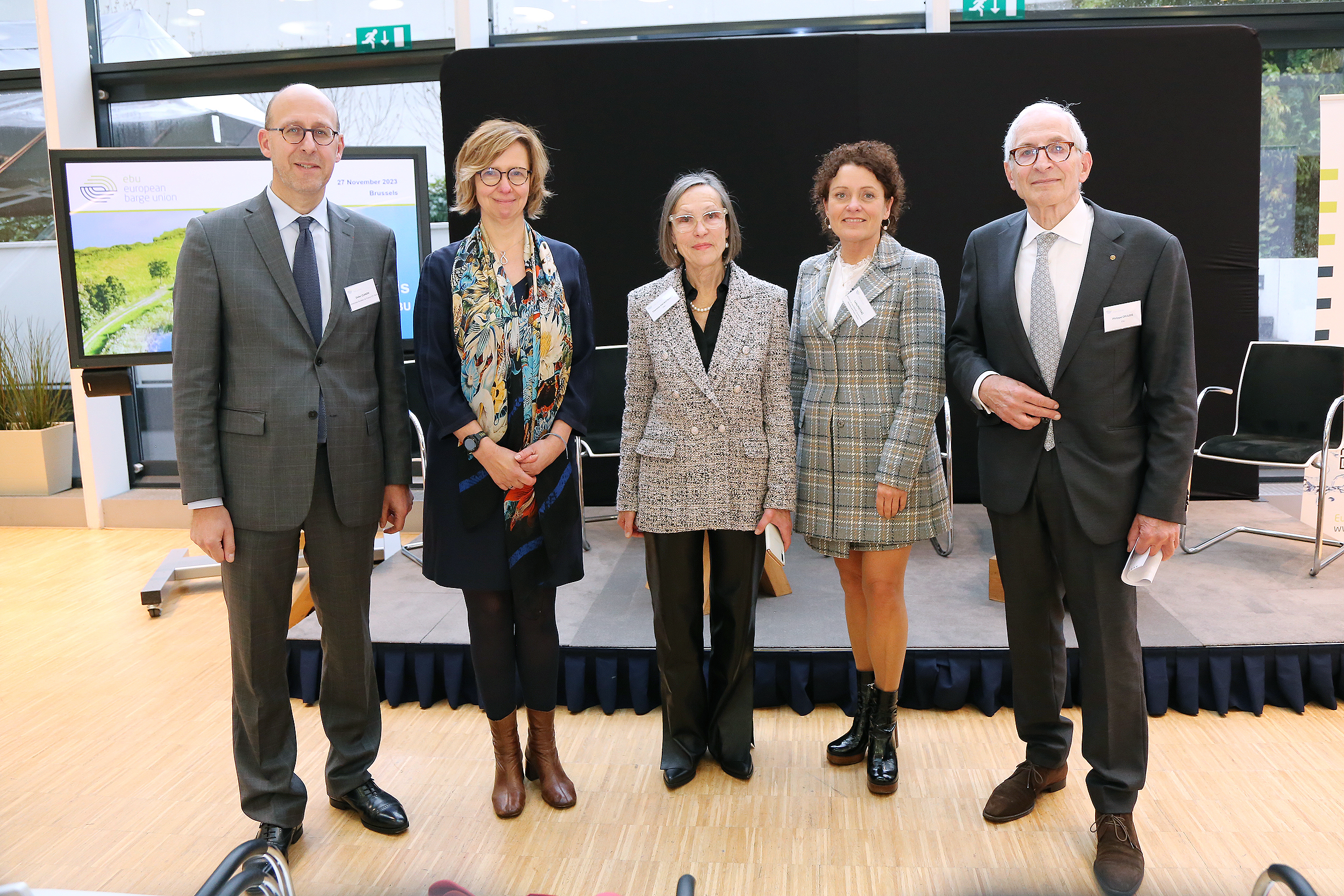Philippe Grulois, President of EBU, initiated the discussions with a compelling speech, emphasising the significance of IWT in enhancing Europe’s sustainable mobility and supply. Highlighting the necessity of a robust and climate-adaptive infrastructure, he addressed the sector’s challenges faced during the low water season of 2022 and the urgent need for responsive maintenance and infrastructure development.
The event’s discussions delved into the challenges faced by the IWT sector, including the pressing need for innovation and transitioning towards lower emissions. Acknowledging the sector’s long-standing positive environmental record, Dr. Grulois underlined the pivotal role of IWT in the EU’s Green Deal and Sustainable and Smart Mobility Strategy, noting the need for future-proof investments and concerted actions from both public and private stakeholders. He reiterated the EBU’s commitment to fostering a sustainable, efficient, and innovative IWT sector. He stressed the need for collaborative efforts to ensure IWT’s integration into a multimodal transport framework and its role in reducing greenhouse gas emissions, ultimately contributing to a greener, more sustainable Europe.
“Obviously, the sector is both offering huge potential and chances as well as facing huge challenges in view of the overarching EU policy goals”, Philippe Grulois emphasized in his statement.
Magda Kopczynska, the Director General of DG MOVE, in her address pointed to the important role IWT is playing in the European sustainability and mobility policy. She highlighted the pivotal role IWT is playing in supporting Ukraine, allowing imports and exports through the Solidarity Lanes. The Commission’s goal is to reach a monthly export volume of 4 million tonnes by the end of the year along the Danube corridor. This will cover at least 60% of Ukraine’s export needs for the 2023–2024 harvest season.
“We are currently entering a crucial stage – the middle of the 7‑year Naiades programme – which also coincides with the Multiannual framework mid-term review. I’m pleased to say that we are on target, with many initiatives already on track or well into the preparation phase”, Magda Kopzcynska emphasized in her keynote, focusing on the current achievements and initiatives.
Lydia Peeters, Minister of the Flemish Government in charge of Mobility and Public Works, opened her keynote with the meaningful Latin saying “navigare necesse est, vivere non est necesse”, which captured the overarching importance IWT is playing for many centuries. Representing one of the major IWT countries in Europe, the Flemish government is substantially supporting the IWT sector in its energy transition efforts and in doing so, setting high targets.
Panel sessions
In 2 panel sessions, the Modal shift potential and the energy transition of the IWT sector were discussed with high-level representatives from the public and private sides.
About EBU
The European Barge Union (EBU) represents the inland navigation industry in Europe. Its members are the national associations of barge owners and barge operators of 9 European inland navigation countries (Austria, Belgium, Czech Republic, France, Germany, Luxemburg, Netherlands, Romania and Switzerland). Besides it represents the interests of a number of international organisations dealing with IWT and Short Sea Shipping. www.ebu-uenf.org

